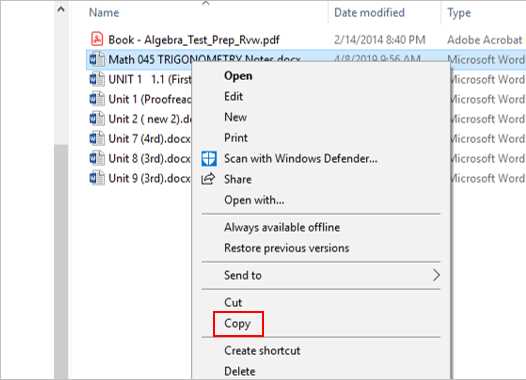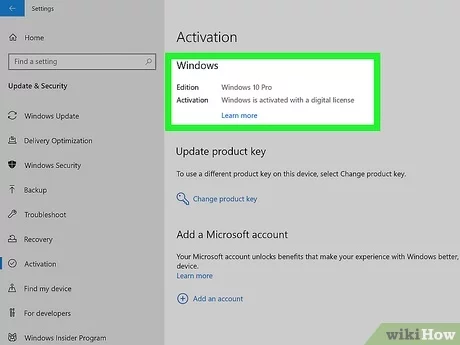
Windows Defender is a built-in antivirus program that comes with the Windows operating system. It is designed to protect your computer from various types of malware, including viruses, spyware, and ransomware. But can Windows Defender really remove viruses? Let’s find out.
Windows Defender uses real-time protection to scan and monitor your computer for any suspicious activity. It automatically detects and removes known viruses and malware. However, it’s important to note that no antivirus program can guarantee 100% protection against all types of viruses.
While Windows Defender is a reliable antivirus solution, it may not be able to remove all viruses, especially new and sophisticated ones. In such cases, it’s recommended to use additional antivirus software or seek professional help to ensure complete removal of the virus.
It’s also important to keep Windows Defender up to date to ensure that it has the latest virus definitions and security updates. Regularly scanning your computer with Windows Defender and practicing safe browsing habits can help minimize the risk of virus infections.
In conclusion, Windows Defender is a powerful antivirus program that can remove many types of viruses. However, it’s not foolproof and may not be able to remove all viruses. It’s always a good idea to have additional antivirus software and practice safe computing habits to protect your computer from viruses and other malware.
What is Windows Defender?

Windows Defender is a built-in antivirus program that comes with Windows operating systems. It is designed to protect your computer from various types of malware, including viruses, spyware, and other malicious software.
Windows Defender can scan your computer for potential threats and remove them if found. It uses real-time protection to monitor your system and block any suspicious activities or files. It also provides regular updates to ensure that it can detect and remove the latest threats.
Windows Defender is a reliable and effective antivirus solution that can help keep your computer safe from viruses and other malware. It is easy to use and does not require any additional installation or configuration.
With Windows Defender, you can have peace of mind knowing that your computer is protected against viruses and other malicious software.
| Key Features of Windows Defender |
|---|
| Real-time protection |
| Automatic updates |
| Scanning and removal of viruses and malware |
| Easy to use |
| Integrated with Windows operating systems |
Importance of Antivirus Software
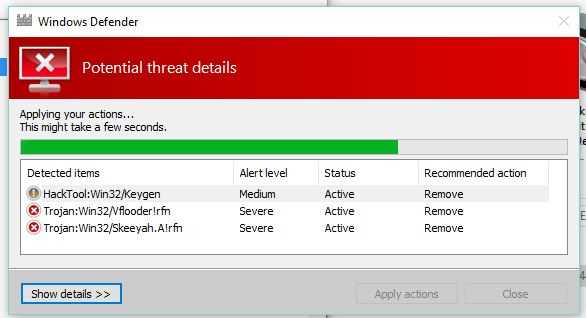
Antivirus software plays a crucial role in protecting your computer from various threats, including viruses. With the increasing number of online activities and the constant threat of malware, having a reliable antivirus program installed on your system is essential.
A virus is a malicious software program that can infect your computer without your knowledge. It can cause significant damage to your files, steal personal information, and even render your computer unusable. However, with the right antivirus software, you can prevent these viruses from infecting your system.
Antivirus software can detect and remove viruses from your computer. It scans your files and programs for any suspicious activity or code that may indicate the presence of a virus. If a virus is found, the antivirus software can either quarantine or delete the infected files, effectively removing the threat from your system.
Windows Defender is one such antivirus software that can effectively remove viruses from your computer. It is a built-in security feature in Windows operating systems and provides real-time protection against various types of malware, including viruses. Windows Defender constantly scans your system for any potential threats and takes immediate action to remove them.
Having antivirus software like Windows Defender installed on your computer is crucial for maintaining the security and integrity of your system. It acts as a shield, protecting your files, personal information, and overall computer performance from the harmful effects of viruses. With regular updates and scans, antivirus software can ensure that your computer remains safe and secure.
In conclusion, antivirus software is of utmost importance in today’s digital age. It can effectively remove viruses and protect your computer from potential threats. Windows Defender, being a reliable antivirus program, can provide the necessary security measures to keep your system safe. So, make sure to have antivirus software installed on your computer and keep it updated for maximum protection.
Common Types of Computer Viruses
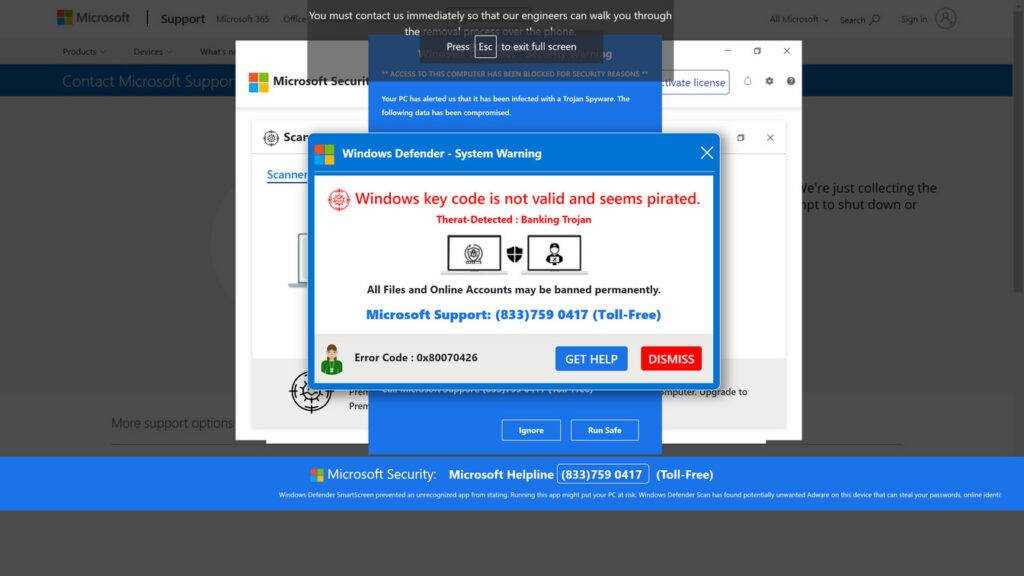
Computer viruses are malicious software programs that can infect your computer and cause various types of damage. Windows Defender is a powerful antivirus program that can help protect your computer from these viruses. Here are some common types of computer viruses that Windows Defender can remove:
| Virus Type | Description |
|---|---|
| Adware | Adware viruses display unwanted advertisements on your computer, often in the form of pop-ups or banners. |
| Spyware | Spyware viruses secretly collect your personal information, such as passwords and credit card details, and send it to a third party. |
| Trojan Horse | Trojan horse viruses disguise themselves as legitimate programs but actually contain malicious code that can harm your computer. |
| Ransomware | Ransomware viruses encrypt your files and demand a ransom payment in exchange for the decryption key. |
| Worm | Worm viruses replicate themselves and spread across networks, often causing network congestion and slowing down computer systems. |
| Virus | Traditional computer viruses infect files and programs, often causing damage to your computer’s operating system and data. |
Windows Defender is designed to detect and remove these types of viruses, keeping your computer safe and secure. It is important to keep your antivirus software up to date and regularly scan your computer for viruses to ensure maximum protection.
Can Windows Defender Remove Virus?
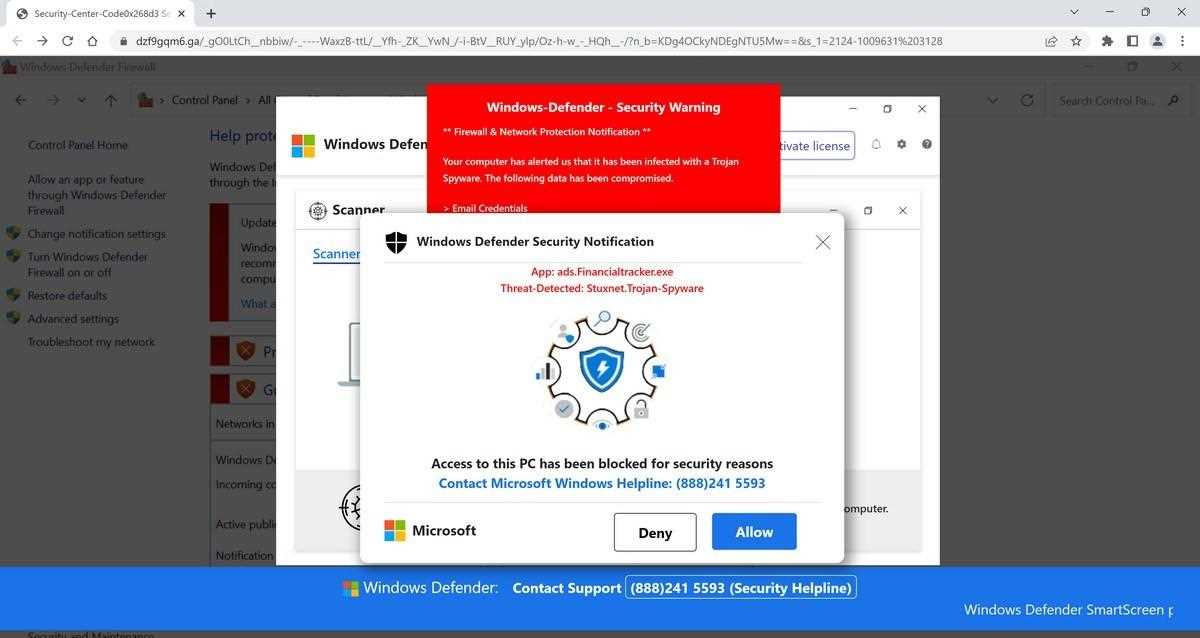
Windows Defender is a built-in antivirus program that comes with Windows operating systems. It is designed to protect your computer from various types of malware, including viruses. So, the short answer is yes, Windows Defender can remove viruses.
Windows Defender uses real-time protection to scan files and programs on your computer for any malicious code. If it detects a virus or any other type of malware, it will automatically quarantine or remove the infected files.
However, it’s important to note that no antivirus program can guarantee 100% protection against all types of viruses. New viruses are constantly being created, and it takes time for antivirus software to update its virus definitions to detect and remove these new threats.
Therefore, it’s crucial to keep your Windows Defender up to date by regularly installing the latest updates from Microsoft. Additionally, it’s a good practice to use safe browsing habits, avoid downloading files from untrusted sources, and be cautious when opening email attachments.
In conclusion, while Windows Defender can remove viruses, it’s essential to stay vigilant and follow best practices to minimize the risk of infection. Regularly updating your antivirus software and practicing safe computing habits will help keep your computer protected from viruses and other malware.
Features of Windows Defender
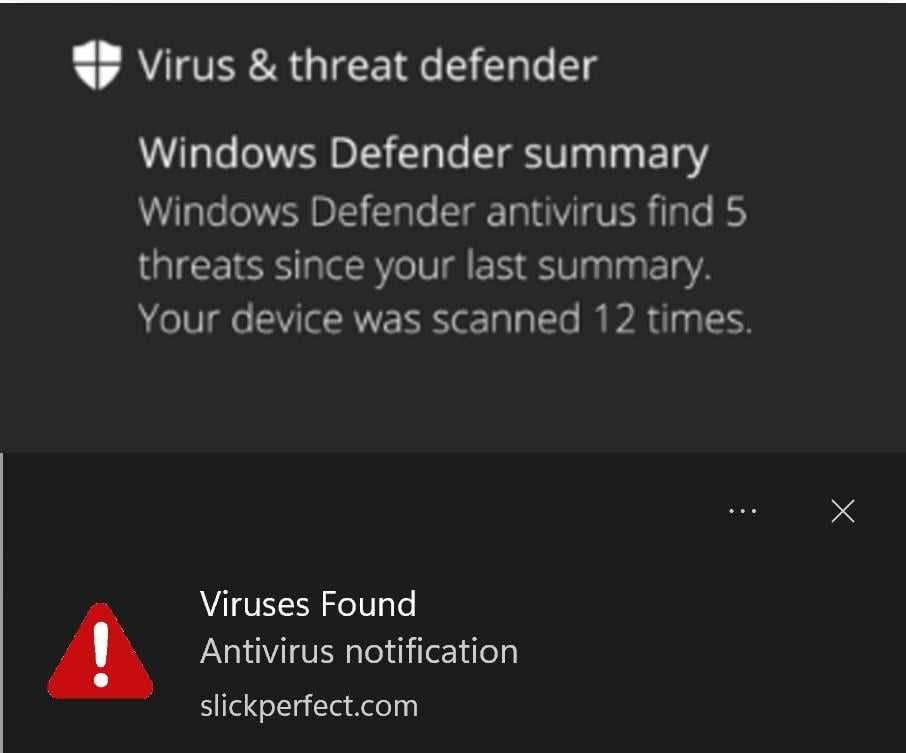
Windows Defender is a powerful antivirus software that provides several features to protect your computer from viruses and other malicious threats. Here are some key features of Windows Defender:
| Real-time protection: | Windows Defender can detect and remove viruses in real-time, providing continuous protection for your computer. |
| Automatic scanning: | Windows Defender can automatically scan your computer for viruses and other malicious software, ensuring that your system is always protected. |
| Quarantine: | If Windows Defender detects a virus or other malicious software, it can quarantine the file, preventing it from causing harm to your computer. |
| Browser protection: | Windows Defender can protect your web browsing experience by blocking malicious websites and downloads. |
| Firewall integration: | Windows Defender integrates with the Windows Firewall to provide enhanced protection against network-based threats. |
| Automatic updates: | Windows Defender regularly updates its virus definitions to ensure that it can detect and remove the latest threats. |
With these features, Windows Defender is a reliable antivirus solution that can effectively remove viruses and protect your computer from future infections.
Effectiveness of Windows Defender
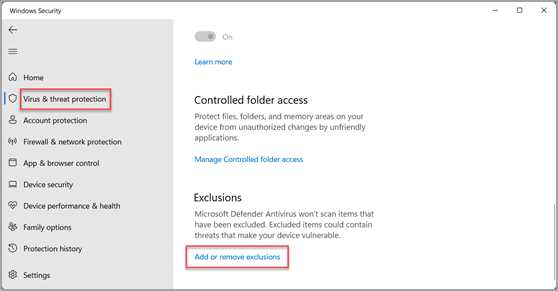
Windows Defender is a built-in antivirus program that comes with Windows operating systems. It is designed to protect your computer from various types of malware, including viruses, spyware, and other malicious software.
One of the main questions users have is whether Windows Defender can effectively remove viruses. The answer is yes, Windows Defender is capable of removing viruses from your computer. It uses real-time protection to scan and detect any malicious files or programs on your system.
Windows Defender regularly updates its virus definitions to stay up-to-date with the latest threats. This ensures that it can effectively detect and remove any new viruses that may be circulating. It also has a cloud-based protection feature that allows it to quickly identify and respond to emerging threats.
While Windows Defender is effective at removing viruses, it is important to note that no antivirus program can guarantee 100% protection. New viruses are constantly being developed, and it is possible for some to slip past even the most advanced antivirus software.
To enhance the effectiveness of Windows Defender, it is recommended to keep your operating system and antivirus program up-to-date. Regularly installing Windows updates and running scans with Windows Defender can help ensure that your computer is protected from the latest threats.
In conclusion, Windows Defender is an effective antivirus program that can remove viruses from your computer. However, it is important to practice safe browsing habits and keep your system updated to minimize the risk of infection.
Limitations of Windows Defender
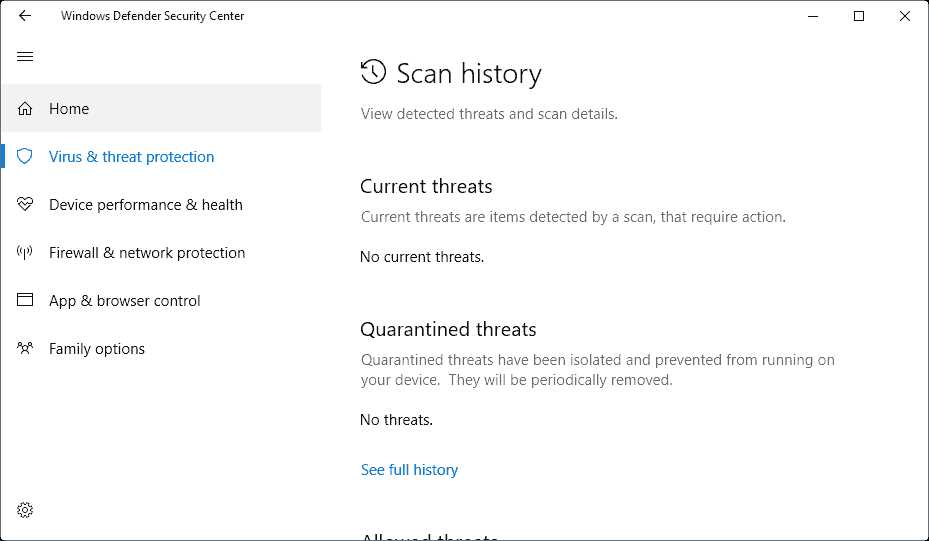
While Windows Defender is a capable antivirus program, it does have some limitations when it comes to removing viruses. Here are a few key limitations to be aware of:
| 1. Limited Detection Rates | Windows Defender may not detect all types of viruses and malware. It relies on a signature-based detection method, meaning it can only detect known threats. New and emerging threats may go undetected. |
| 2. Lack of Advanced Features | Windows Defender lacks some advanced features found in other antivirus programs. It doesn’t offer features like real-time protection, email scanning, or web protection, which can leave your system vulnerable to certain types of attacks. |
| 3. Inability to Remove Persistent Threats | While Windows Defender can remove many common viruses, it may struggle with more persistent threats. Some viruses are designed to resist removal and can continue to cause harm even after Windows Defender has attempted to remove them. |
| 4. Limited Customization Options | Windows Defender has limited customization options compared to other antivirus programs. You may not be able to fine-tune the scanning settings or schedule scans at specific times, which can be a drawback for some users. |
Overall, while Windows Defender can be a good starting point for basic virus protection, it may not be sufficient for more advanced threats. It’s recommended to supplement Windows Defender with additional security measures, such as regular system updates, safe browsing practices, and a reliable backup solution.
Alternatives to Windows Defender
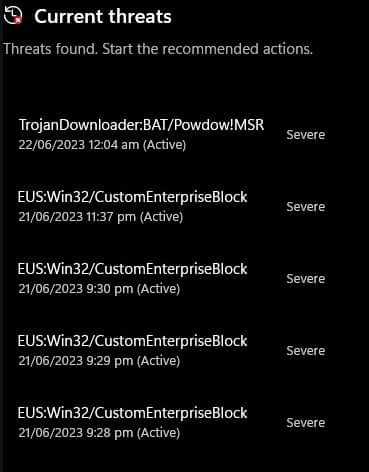
While Windows Defender is a reliable antivirus program, there are other options available that can also effectively remove viruses from your computer. Here are some alternatives to consider:
- Avast Free Antivirus: This popular antivirus software offers real-time protection against malware and viruses. It has a user-friendly interface and regularly updates its virus definitions to stay ahead of new threats.
- Bitdefender Antivirus Free Edition: Known for its high detection rates, Bitdefender offers a free version that provides basic protection against viruses and malware. It has a minimal impact on system performance and is easy to use.
- Avira Free Security Suite: This comprehensive security suite includes antivirus, VPN, and system optimization tools. It offers real-time protection against malware and has a user-friendly interface.
- Malwarebytes: While not a traditional antivirus program, Malwarebytes specializes in detecting and removing malware. It is known for its advanced scanning capabilities and can be used alongside other antivirus software.
- Kaspersky Free Antivirus: Kaspersky is a well-known name in the antivirus industry. Its free version offers reliable protection against viruses and has a user-friendly interface.
These alternatives to Windows Defender can provide you with additional options for protecting your computer from viruses and malware. It’s important to choose an antivirus program that suits your needs and regularly update it to ensure optimal protection.
Third-Party Antivirus Software
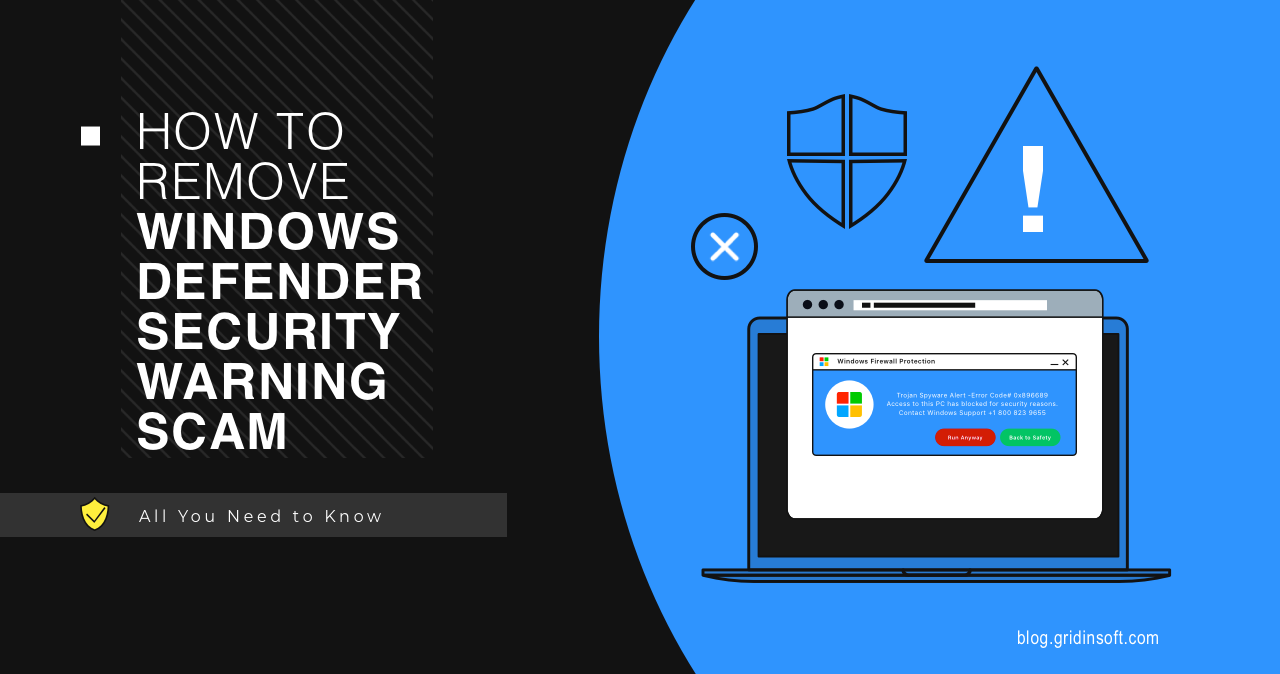
While Windows Defender can effectively remove many viruses and malware, there are cases where it may not be enough. In such situations, it is recommended to consider using third-party antivirus software.
Third-party antivirus software offers additional features and capabilities that can enhance your computer’s security. These programs often have more advanced scanning algorithms and databases, allowing them to detect and remove a wider range of threats.
Furthermore, third-party antivirus software often provides real-time protection, which constantly monitors your system for any suspicious activity. This can help prevent infections before they can cause any harm.
Additionally, many third-party antivirus programs offer additional security features such as firewall protection, email scanning, and web browsing protection. These features can help safeguard your computer and personal information from various online threats.
It is important to note that while third-party antivirus software can provide additional protection, it is still recommended to keep Windows Defender enabled. Windows Defender can work alongside third-party antivirus software to provide an extra layer of security.
In conclusion, while Windows Defender is a capable antivirus program, there are situations where using third-party antivirus software can provide added benefits and protection. It is important to choose a reputable and reliable antivirus program and keep it updated to ensure the best possible security for your computer.
